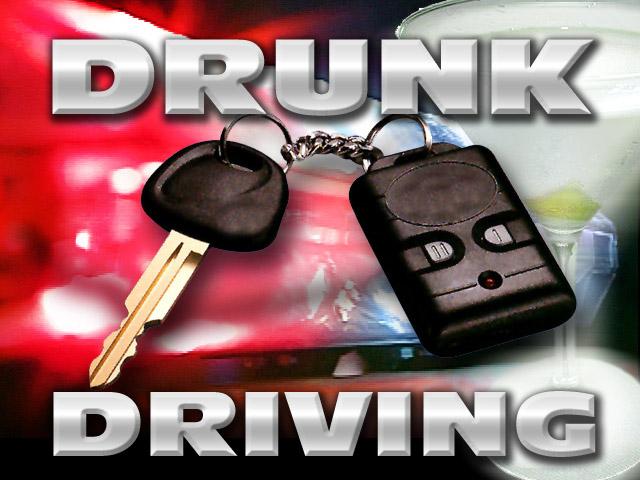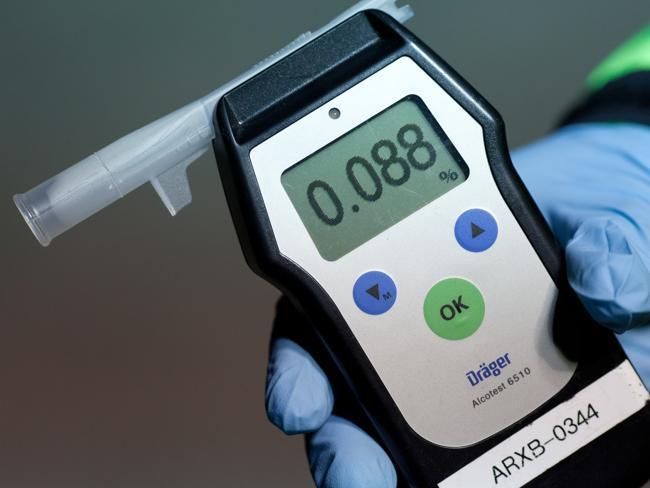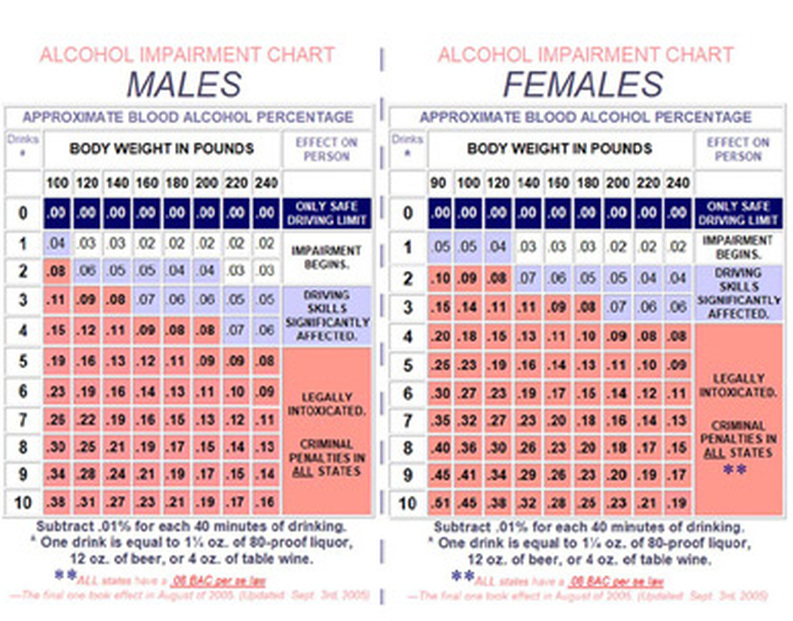
Three Lifetime Drunk Driving Charged as a Felony in Michigan!
Since the passage of Heidi’s Law in Michigan in 2007, a person is subject to felony prosecution for three (3) or more lifetime convictions for any combination of:
- OWI/operating while intoxicated-alcohol with a BAC of .08 or greater,
- OUID/operating under the influence of drugs/prescription medications,
- OWPD/operating with the presence of Schedule 1 controlled substance,
- Super drunk driving/operating with a high BAC of .17 or greater,
- OWVI/operating while impaired driving,
- Zero Tolerance/under 21 with any BAC (0nly 1 such conviction may be counted towards a felony).
Driving under the influence convictions which occur in states outside of Michigan are also counted. This law has been on the books for several years and all states have adopted this law. However, prior to the passage of this Heidi’s Law, a person could only be charged with felony drunk driving if the prior convictions occurred within 10 years of the new arrest. This blog will explore legal defense strategies, possible penalties and other ramifications associated with a felony DUI offense. For additional information: What you need to know now if you are charged with drunk driving anywhere in Macomb County.
It is a felony if you get convicted for a third drinking and driving offense in Michigan. A person convicted of a felony will lose coveted rights such as the right to possess a firearm. There is a social stigma for individuals convicted of a felony and other consequences associated with a felony record. Hiring a local lawyer with years of experience handling felony matters if you find yourself facing a DRUNK DRIVING THIRD or any other felony charge. Felony lawyers will look at every possible angle to get the charge dismissed or reduced to lower offense. Felony lawyers also know what to expect from the local judges and prosecutors in the jurisdiction where they practice. For example, we know from experience that there is the possibility of reducing a felony charge in Macomb County (including felony drunk driving) to a misdemeanor under certain circumstances and with the Macomb County Prosecutor’s approval.
Penalties for Felony Drunk Driving Conviction
The list of possible penalties for a third driving and driving conviction in Michigan are as follows:
- Fines: $500.00 to $5,000.00 fine, plus costs.
- Jail/Community Service: Imprisonment for 1 to 5 years, or, probation with imprisonment in the county jail for not less than 30 days or more than 1 year and community service for not less than 60 days or more than 180 days. Not less than 48 hours of this imprisonment shall be served consecutively.
- License Sanctions: License revoked minimum of 1 year for any felony driving offense. A second revocation is for 5 years. After minimum period of revocation, a person must appear before the Driver License Appeal Division satisfy several requirements before a license will be granted.
- Other: Destruction of License, Plate confiscation, Vehicle immobilization from 1 to 3 years, Possible vehicle forfeiture .
- Points: 6
Proving Drunk Driving: Actual intoxication is irrelevant when test results are .08% or greater
The elements of a drunk driving which the prosecutor must prove are:
Intoxication or Impairment by alcohol, drugs or marijuana: In Michigan “Operating While Intoxicated” (OWI) means operating a motor vehicle while under the influence of alcohol and/or drugs (OUID) to a degree that renders one unable to safely drive a vehicle. In Michigan, OWI convictions can be obtained regardless of actual intoxication if a person has a BAC of .08% or greater or tests positive for the presence of certain Schedule 1 drugs. Pursuant to MCL 257.625, “operating while intoxicated” means any of the following:
(a) The person is under the influence of alcoholic liquor, a controlled substance, or other intoxicating substance or a combination of alcoholic liquor, a controlled substance, or other intoxicating substance.
(b) The person has an alcohol content of 0.08 grams or more per 100 milliliters of blood, per 210 liters of breath, or per 67 milliliters of urine, or, beginning October 1, 2018, the person has an alcohol content of 0.10 grams or more per 100 milliliters of blood, per 210 liters of breath, or per 67 milliliters of urine.
(c) The person has an alcohol content of 0.17 grams or more per 100 milliliters of blood, per 210 liters of breath, or per 67 milliliters of urine.
Proof of operation of vehicle: The police do not have to witness the offender actually driving or operating the vehicle. In the cases researched, you can be charged and convicted with OWI if the police had probable cause to believe the accused was operating the vehicle at some point in time. In other words, evidence of recent operation will suffice in cases where there is an accident or when a vehicle in a ditch or off the road).
Legal traffic stop: A traffic stop may be based upon any violation of any Michigan traffic laws. Drivers are often stopped for straddling lane markers, weaving between lanes, driving at excessive or very slow speeds, braking erratically, obstructed vision, defective equipment and coming in close contact with objects or other vehicles. The police may also approach a person that is found fixing a flat tire on the shoulder of a road although nothing illegal is occurring! Cellular phone calls to the police may also be used to give law enforcement officers with notice of a drunk driver’s whereabouts. The caller may be eventually be called as a witness.
Planning a defense strategy for felony drinking and driving
Our goals in every criminal case, including drunk driving, are always the same: avoiding of a conviction and avoiding jail! While avoiding a conviction or jail 100% of the time is not realistic even for experienced criminal defense lawyers, steps can be taken to get a case under control, reduce charges and obtain the lowest possible sentence.
Police Report: The police report can be obtained soon after we are retained for a criminal matter. By law, the prosecutor is required to provide full disclosure (known as discovery) of the report, videos and test results (see blog regarding alcohol/drug testing). Refuting the accuracy of tests, intoxication and grounds for the traffic stop are ways in which a drunk driving charge may be challenged. An aggressive drunk driving defense may also include:
- Interviewing any possible witnesses (passengers, last persons who could testify as to client’s sobriety)
- Obtaining an expert witness to challenge blood or alcohol test results (especially in close cases or cases involving prescription meds or THC levels)
- Recreating the scene of the traffic stop
Client Background: Obtaining a complete personal history of our client is essential in the preparation of a sound legal defense. In our experience, the positive background of a person can make a vast impression on the prosecutor, the probation department and the assigned judge during various phases of a criminal case.
- Education, degrees, special skills
- Employment, years at employment, position, awards
- Family situation, child support obligations
- Military duty, tours of service, decorations, honorable discharge
- Charitable service, community involvement
- Other awards, achievements, recognition
- Past and present physical health, mental health, psychological attention, medications
- Past and present substance abuse/alcohol treatment, in-patient care, attendance of AA, relapse prevention programs
Criminal History: In addition to the personal history, the lifetime criminal conviction history also plays a vital role in the criminal process of a drunk driving offense. We can usually minimize the value of extremely old criminal offenses.
- Misdemeanors (including traffic related misdemeanors)
- Felonies
- Juvenile record
- Drinking and drug convictions (disorderly conduct, domestic violence, MIP, possession of marijuana, etc)
Habitual Felony Offenders: For felony convictions, Michigan judges are required to follow the Michigan Sentencing Guidelines. The guidelines factor in prior convictions and felonies for purpose of scoring a sentence range. Prior felonies will be used to label an offender as a habitual offender. A person with 1 prior felony is considered a “habitual offender 1” or Hab-1st. Habitual offender status can go as high as Hab-4. The maximum penalty for a person with Hab-4th status (meaning the person has 3 prior felonies not counting the charged felony) is up to life in prison.
Other Relevant Factors: The following factors may influence the outcome or sentence of a felony drunk driving:
- Is the person charged with a *true 3rd DUI offense (meaning the offender has only 2 prior DUI lifetime convictions)?
- Are any of the prior drinking & driving offenses more than 10 years old?
- Does the offender have a felony record?
- Does the pending offense involve an injury accident?
- Is the blood alcohol content (BAC) in a close range to .08% or is it extremely high (over .17%)?
- Has the offender engaged a substance abuse counselor and/or AA?
- Is the offender on probation for any other criminal matter?
*In Macomb County, our firm has advocated plea bargains to a misdemeanor if the offender is charged as a true third drunk driving offender. We have achieved this result in numerous cases; including offenders with more than two (2) prior lifetime DUI offenses. Public policy, accidents involving injuries and directives by the County Prosecuting Attorney may have an impact on plea bargaining drunk driving cases.
Possible outcomes of a drunk driving felony
Everyone likes to believe that they will win their drunk driving case at trial. This is not realistic since the vast majority of drunk driving offenses (as well as all other criminal offenses) in Michigan are resolved based upon a plea bargain. In fact, recent statistics indicate that over 90% of all criminal cases are resolved by a plea bargain and not by trial.
Rarely is a client willing to roll the dice at trial when we can secure a deal to have a drunk driving felony reduced to a misdemeanor with a dismissal of the felony charge. However, our attorneys will examine a case from every angle to determine the best course of action which may include:
- Scheduling the case for a jury trial
- Fling and arguing motions to dismiss because of an illegal traffic stop
- Filing and arguing improper testing procedures or equipment failures
- Plea bargaining to a misdemeanor (achieved by our firm in numerous drunk driving cases)
- Negotiating the minimum sentence (30 days with community service) to avoid prison
- Sobriety Court
Michigan State Police Annual Drunk Driving Audit
The Michigan State Police maintains an annual audit of drunk driving cases based upon data from the courts and police in Michigan which provides detailed information concerning traffic fatalities and injuries, as well as drunk driving arrest activities in the state. The most recent Michigan Drunk Driving Audit covers 2022 which was completed in July, 2023. Therefore, don’t expect the 2023 audit until around July, 2024. Here are some of the details obtained from the 2022 Annual Drunk Driving Audit:
Macomb County, Number of breath and/or blood tests for alcohol: 1,890
Oakland County, Number of breath and/or blood tests for alcohol: 3,619
Wayne County, Number of breath and/or blood tests for alcohol: 3,735
St. Clair County, Number of breath and/or blood tests for alcohol: 458
Washtenaw County, Number of breath and/or blood tests for alcohol: 840
There are thousands of drunk driving arrests in the Metro Detroit and surrounding regions as illustrated by the above information. Some of these individuals may be facing any one of the following drinking and driving offenses:
 Michigan Criminal Lawyer Blog
Michigan Criminal Lawyer Blog




